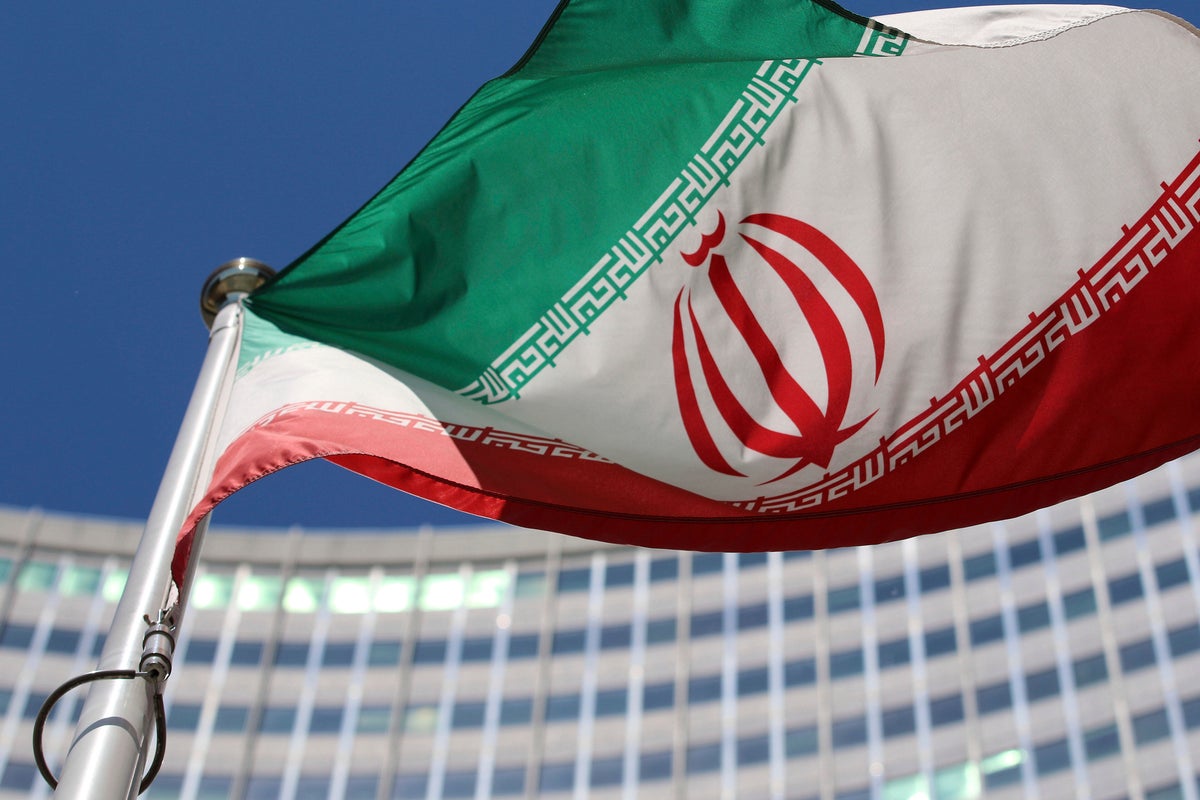
UN sanctions on Iran will come back into force at the end of September after a Security Council resolution failed to get enough support to stop the “snapback” mechanism contained in the 2015 nuclear deal.
A resolution brought by South Korea, which currently holds the council presidency, secured only four votes – from China, Russia, Pakistan, and Algeria – instead of the nine needed.
This means sanctions suspended under the 2015 deal with the Security Council’s five permanent members and Germany will automatically “snap back” at the end of this month.
The sanctions include a conventional arms embargo, restrictions on ballistic missile development, travel bans, asset freezes, and bans on producing nuclear technology.
The “snapback” mechanism was built into the 2015 deal as a veto-proof enforcement tool: once triggered, the sanctions would resume unless the Security Council voted to stop them.
France, Germany and Britain moved last month to activate the mechanism, accusing Tehran of failing to meet its commitments.
Washington unilaterally withdrew from the deal, formally known as the Joint Comprehensive Plan of Action, during Donald Trump’s first presidential term.
French president Emmanuel Macron told Israeli broadcaster Channel 12 that the activation of the snapback process was essentially “a done deal”, claiming Tehran’s latest overtures were “not serious”.
European leaders had pressed Iran in recent days to cooperate fully with the International Atomic Energy Agency.
Tehran suspended cooperation with the UN watchdog following Israeli and US attacks on Iranian nuclear facilities in June.
“The window for finding a diplomatic solution on Iran’s nuclear issue is closing really fast,” the EU’s top diplomat, Kaja Kallas, said.
“Iran must show credible steps… and allow inspections of all nuclear sites without delay.”
Iran, already hit by years of economic difficulties and reeling from a 12-day war with Israel earlier this summer, rejected the move as “unlawful”.
In a statement, the foreign ministry said it remained committed to diplomacy but reserved the right to respond to any unlawful action.
Foreign minister Abbas Araghchi described the sanctions decision as lacking “any legal or logical justification”.

Tehran also pointed to a recent agreement with the IAEA, mediated by Egypt, to allow inspectors access to all nuclear facilities and to report on nuclear material.
In an address last week to his agency's board of governors in Vienna, IAEA director Rafael Grossi said the document "provides for a clear understanding for the procedures of inspection notifications and their implementation”.
The agreement “includes all facilities and installations in Iran and it also contemplates the required reporting on all the attacked facilities including the nuclear material present at those," Mr Grossi added, noting it would "open the way for the respective inspections and access" without specifying when that would happen.
Russia and China denounced the European move as unjustified, with Moscow’s ambassador to the UN, Vassily Nebenzia, accusing Western powers of using the council “as a tool for their bad faith play”.
The return of sanctions is expected to heighten tensions further.
Iranian officials have previously warned that Tehran could even withdraw from the Nuclear Non-Proliferation Treaty, following the path taken by North Korea, which went on to build atomic weapons.







